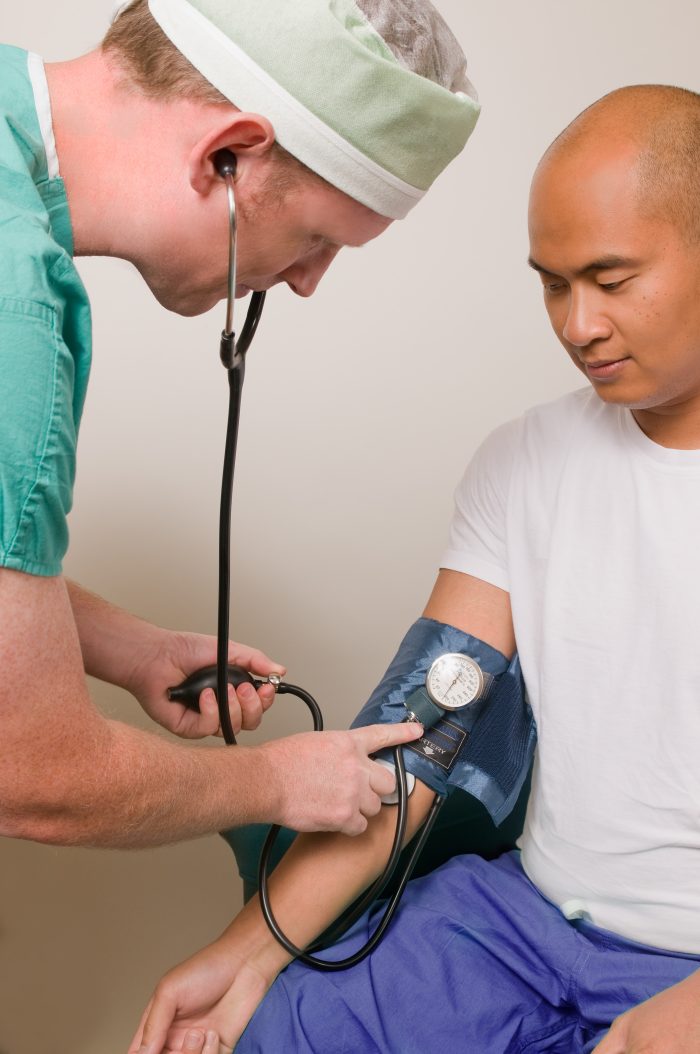Clinical Scientists work in specialist patient facing areas within the Cardiology department such as Echocardiography and Cardiac Rhythm management to provide assessment and management. They are also responsible for managing highly complex cases throughout the service and providing detailed advice and information, and reports to patients / carers and other clinical professionals. While they may work across all these sections, they often take a clinical lead for one of the speciality areas.
The responsibilities of the Clinical Scientist in Cardiac Physiology (Band 7) include continuing to perform and support the responsibilities of the (Band 5& 6) Healthcare Science Practitioner in Cardiology whilst undertaking and leading specialist diagnostic investigations, assessment of complex patient groups, result interpretation, diagnosis and patient management. Responsibilities vary dependant on the speciality area and department base:
- Further post graduate professional qualifications (MSc) specific to area role specific such as accreditation in British Society of Echocardiography (BSE) or British Heart Rhythm Society (BHRS)
- Post graduate qualification, depending upon specific area, such as clinical skills and/or MSc in advanced clinical practice
- Clinical history taking and assessment of cardiac disease using a range of test procedures.
- Counsel patients and carers as appropriate about the nature and extent of cardiac disease including appropriate management options.
- Arrange further monitoring and onward referral as clinically appropriate
- Support cardiac rehabilitation and management
- Liaising with other staff involved in the assessment and rehabilitation process including Cardiology team members, specialist nurses, medical staff, GP and local support services.
- Provide regular follow-up to monitor pacemaker function
- Provide long term assessment, support and rehabilitation.
- Echocardiography and specialised clinics: heart valve clinics
- Complex echo clinics such as Transoesophageal echo clinics
- Rhythm management clinics: pacemaker clinics and complex device clinics such as implantable cardiac defibrillator clinics
- Pre assessment clinics for invasive procedures
- Leadership and staff management duties to manage and support the service
- Lead on a specific area within the service Research and service development
- Implement new systems and technologies


